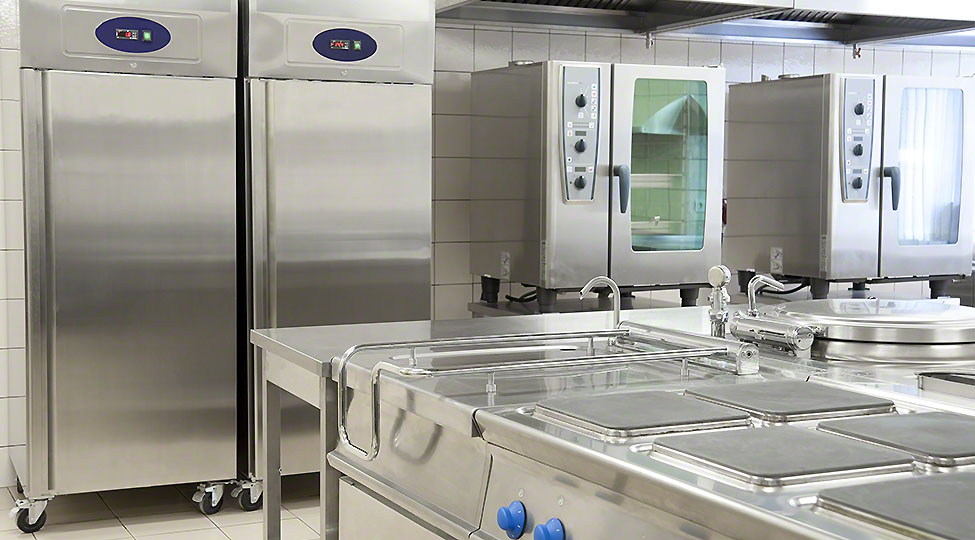
Modern dishwashers save you time, labor, and water. Unfortunately, they don’t always work the way you want them to.
If you have had your appliance for a significant amount of time, you must have opened it to find the glasses covered with spots or even food residues on the plates.
According to dishwasher repair professionals, there are several things you can do to keep your appliance functioning optimally. Some of these things include:
Scrape off the food
Dishwashers have over the years become intelligent and extremely effective in their working. Unfortunately, they easily clog up from large food pieces. Before you put the dishes in the dishwasher, check whether there are large pieces of food that you can remove.
If present, scrape them off using a spoon.
If you aren’t looking to clean the dishes immediately, pre-rinse them at the sink before you place them in the dishwasher.
If the dishes are going to stay in the dishwasher the entire day, run a rinse only cycle. This is to prevent the food from drying on the plates. The cycle also prevents odors from resulting.
Secure all the plastics
Are you cleaning plastics in the dishwasher? Ensure the plastics are appropriately secured. If you fail to do it, water blasts will cause the pieces to flip over, fill with water, fall onto the exposed heating elements and melt.
Before you run a cycle, confirm that the dishes are properly secured to the sides of the dishwasher.
Load the dishes strategically
While you are simply looking to clean the dishes, you won’t clean them properly if you load them haphazardly. You need to be strategic for you to get the most of your appliance.
Load the plates and bowls so that the dirty side faces the direction where the water spray is strongest, which is usually at the center of the rack. For best cleaning results, angle the pans, pots, and casseroles down.
When loading the appliance, be on the lookout for long, thin handles such as serving spoons and whisks as they slip through the racks, preventing the spray arm from spinning freely.
Spoons nest together, which prevents them from cleaning as well as they should. When loading the spoons, ensure this doesn’t happen.
You can do this by placing some of the spoons with the handles up and others down so that all of them get washed.
Place the forks facing up so that the tines get as clean as possible. For the knives, the blade should face down for safety reasons. You should be cautious when loading so you don’t get injured.
When it comes to the glasses, place them between the tines. This is to prevent the glasses from spotting or cracking.
To prevent water from pooling at the base of the upside-down cups, angle the cups as much as the rack design will allow it.
Wine glasses are known to break when loading, so be ultra-cautious with them. To prevent breakage, don’t let them bump against each other. You also should prevent them from hitting the top of the dishwasher.
Choose the right cleaning program
Just like washing machines, dishwashers have different programs that vary depending on your washing needs. Modern dishwashing machines allow you to configure them depending on how dirty the dishes are.
For you to properly clean the dishes, take time to understand the different programs in your machine, and how to use them properly.
Don’t overload the machine
Appliance repair Fairfax professionals report that this is one of the primary mistakes people make when operating their dishwashers. In the bid of saving time and maximizing their loads, they put a lot of plates than the dishwasher can carry.
What is the end result? The dishwasher fails to function as well as it should.
Regardless of how busy you are, don’t load the appliance more than it can handle.